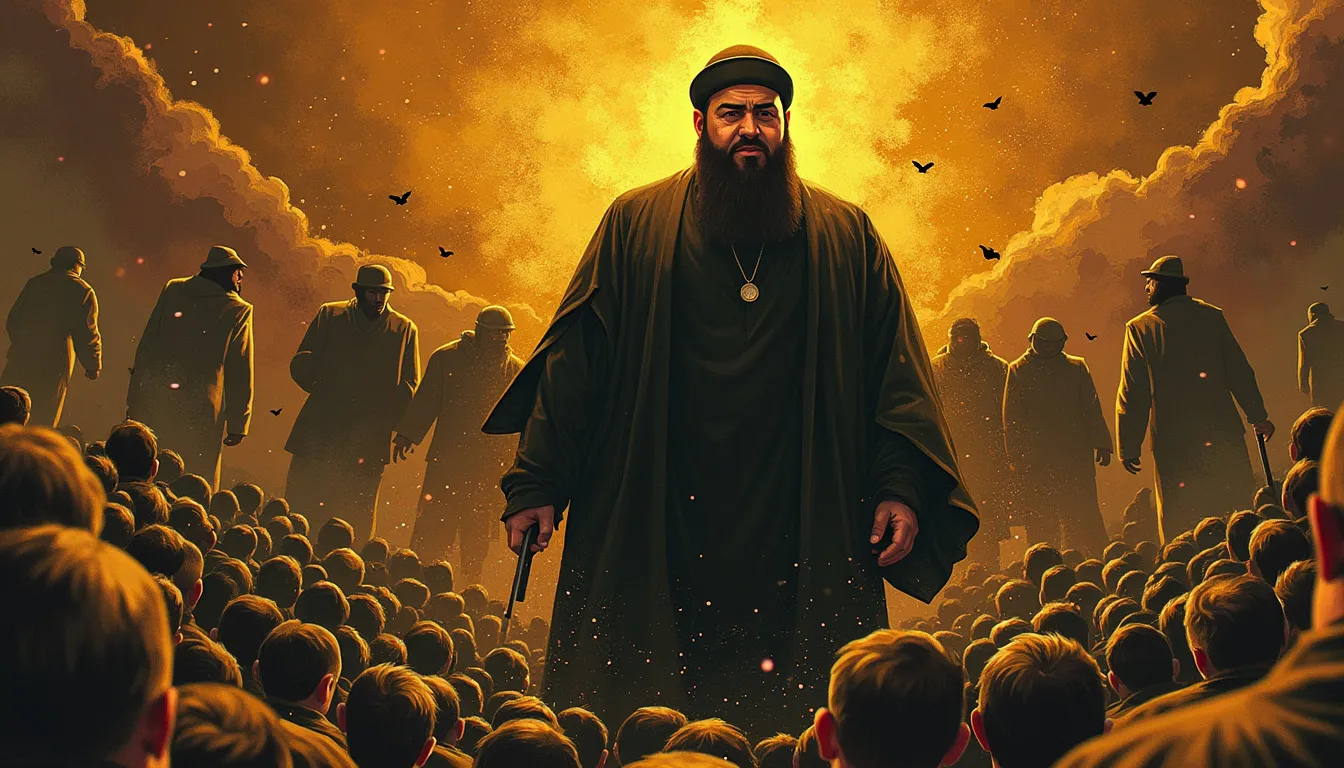
Ding Dong, Nasrallah Has Passed Away
On September 28, 2024, the Israeli Defense Forces (IDF) confirmed the death of Hassan Nasrallah, the leader of Hezbollah, in a targeted strike in Beirut. This event marks a pivotal moment in Middle Eastern geopolitics, reverberating through the intricate web of alliances and conflicts in the region.
Confirmation of Death
The IDF reported that the strike on Nasrallah was a carefully planned military operation. In addition to eliminating Nasrallah, the operation also targeted other senior commanders within Hezbollah, underscoring the strategic nature of the assault. Such precision indicates a calculated effort to weaken Hezbollah’s command structure effectively.
Significance of Nasrallah
Hassan Nasrallah was not just a figurehead; he was a pivotal player in Hezbollah and a key ally of Iran. Under his leadership, Hezbollah evolved into a formidable military and political force in Lebanon, significantly influencing the balance of power in the region. His death may create a vacuum in leadership and direction for the organization, one that could complicate Lebanon’s already fragile political landscape.
Targeted Strike
The operational details surrounding the strike highlight its significance. The IDF’s choice of timing and location reflects extensive intelligence operations designed to maximize impact and minimize backlash. By simultaneously targeting several high-ranking officials, the strike seeks to disrupt Hezbollah’s operational capabilities, delivering a substantial blow to its leadership hierarchy.
Implications
The ramifications of Nasrallah’s death are expected to extend beyond military defeat for Hezbollah. Analysts speculate that the incident will significantly affect Iran’s influence in Lebanon, as well as its broader strategy in the region. The potential instability may encourage rival factions within Lebanon to vie for power, complicating U.S. and Israeli efforts to stabilize the area.
Reaction and Analysis
Reactions from Iran and various political actors in Lebanon will be closely monitored. Nasrallah’s death could prompt a retaliatory response from Iran, which may view the strike as an affront to its regional dominance. Given Nasrallah’s popularity among certain segments of the Lebanese population, the strike may also lead to increased public unrest or factional violence within Lebanon.
Commentators suggest that the geopolitical landscape could shift greatly, with other militant groups closely observing the reactions and strategies developed in response to this power vacuum.
Contextual Background
To fully grasp the significance of Nasrallah’s death, it is essential to consider his long-standing role within Hezbollah. Rising to prominence during the Lebanese Civil War, he became the face of resistance against Israel and the West, positioning Hezbollah as a key player not just in Lebanon, but across the broader Middle East. His relationship with Iran has been integral to Hezbollah’s operations, providing financial and military support that bolstered its capabilities.
In conclusion, the elimination of Hassan Nasrallah marks a watershed moment for Hezbollah and the geopolitical stability of the Middle East. As the region grapples with the shock of this development, the consequences are likely to unfold in complex and unpredictable ways.
